Qatar Airways is strategically positioning itself as a leader in the international travel sector, with ambitious plans to increase its annual passenger capacity from 50 million to 80 million by the end of the decade.
This initiative comes at a pivotal moment when the global airline industry has begun to recover from the impacts of the COVID-19 pandemic, achieving a significant milestone in 2024 when air travel surpassed pre-pandemic levels for the first time. Middle Eastern airlines, particularly Qatar Airways, have successfully captured a growing share of international business during this recovery phase.
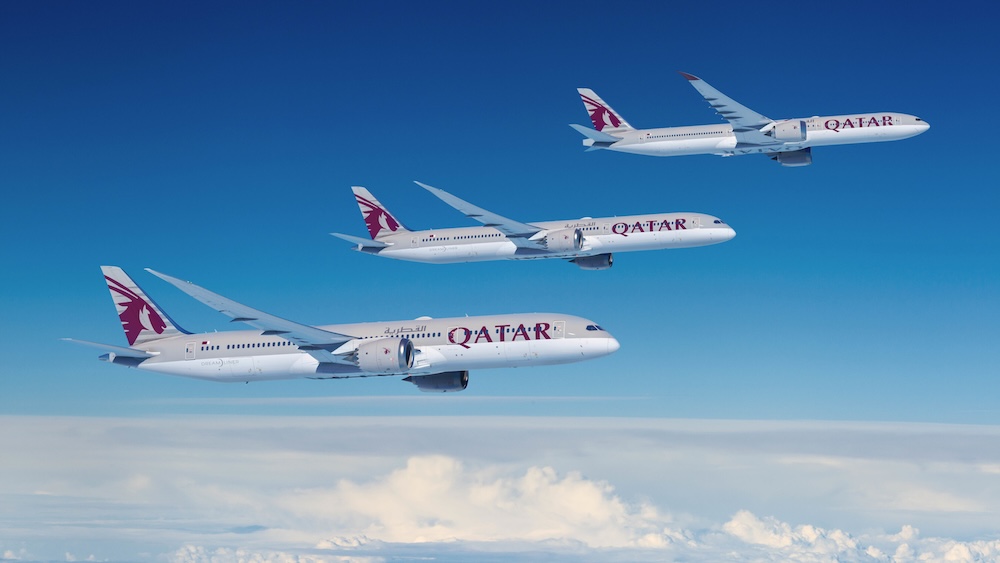
Industry Recovery and Growth
The International Air Transport Association (IATA) reported that global air traffic rose by 3.8% above 2019 levels, indicating a full recovery from the pandemic's devastating effects. Qatar Airways has emerged as a major beneficiary of this transformation, leveraging the strategic advantages of the Middle Eastern region, which include substantial wealth, a prime geographical location connecting three continents, and ambitious expansion plans for its airline sector.

In contrast, European carriers are facing significant challenges, including increased environmental taxes and restricted airspace due to geopolitical tensions, particularly the ongoing conflict in Ukraine. Additionally, the densely populated regions of Western Europe limit opportunities for airport expansion, further disadvantaging these airlines in the competitive landscape.
Expansion Plans and Aircraft Orders
Chief Executive Badr Mohammed al-Meer announced in March that Qatar Airways is negotiating with aircraft manufacturers to facilitate the planned increase in passenger capacity. This expansion strategy will culminate with a deliberate pause once Hamad International Airport (DOH) in Doha reaches its maximum capacity.
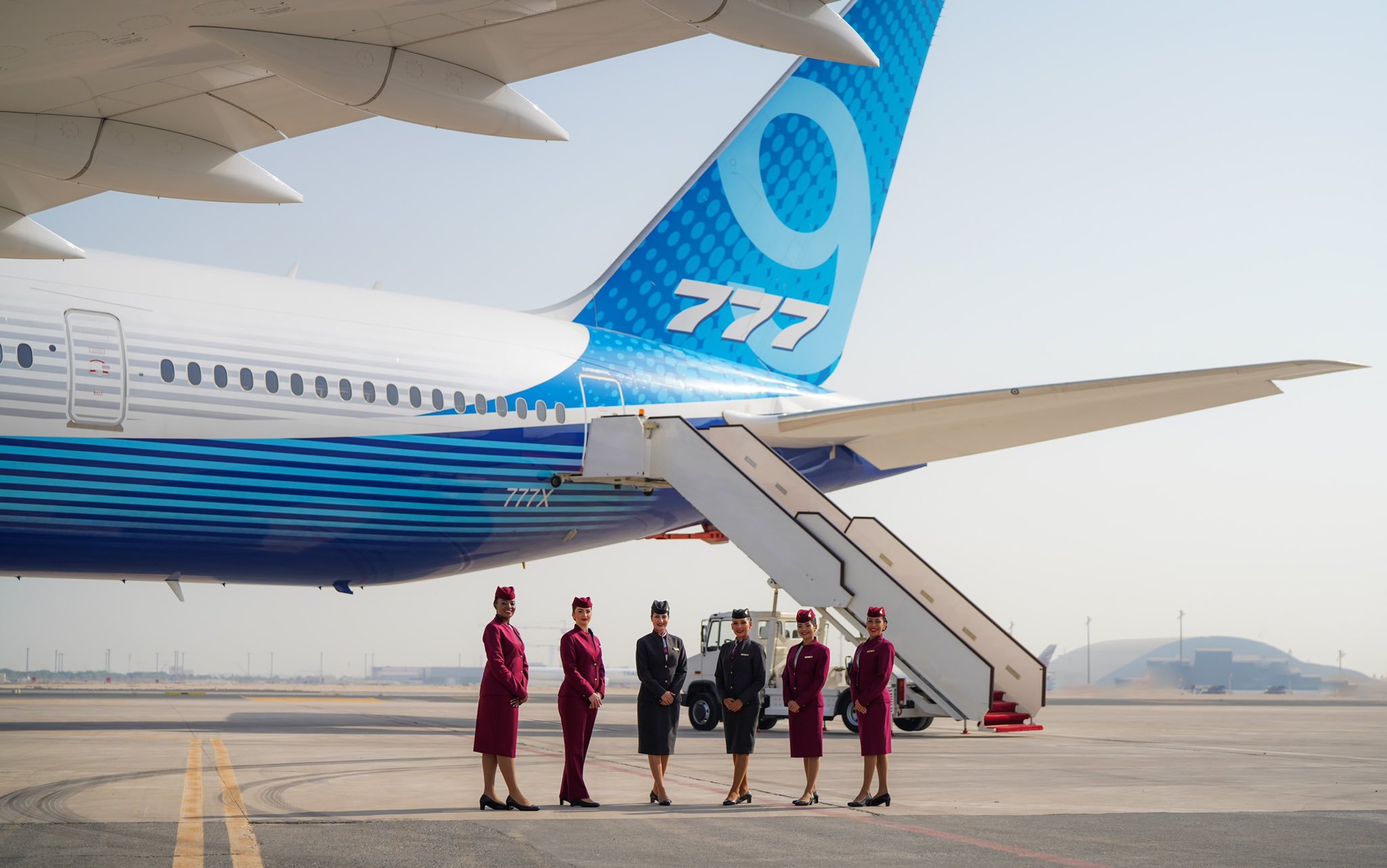
In mid-May, Qatar Airways confirmed its ambitious growth plans by announcing a historic order for up to 210 Boeing 777X and 787 Dreamliners, valued at approximately $96 billion. This deal represents one of the largest aircraft orders in aviation history, underscoring the airline's commitment to modernizing and expanding its fleet.
Financial Performance
In May, Qatar Airways Group reported its strongest financial results to date, posting annual profits of QR7.85 billion (approximately $2.15 billion) for the fiscal year 2024-25.
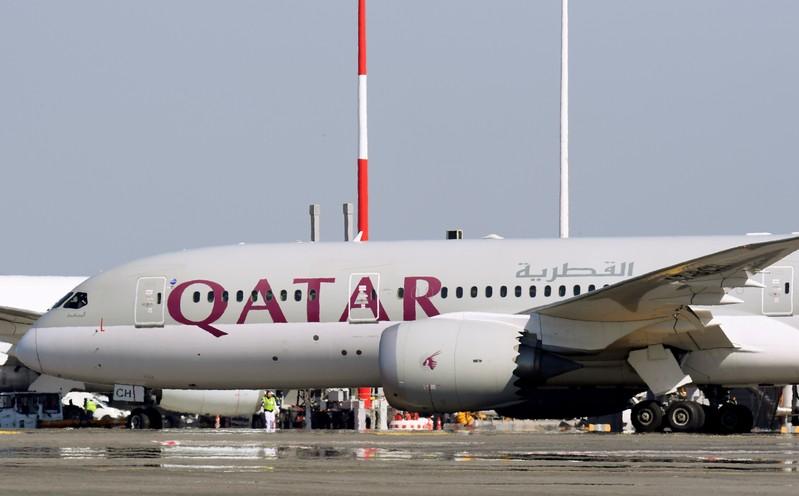
This figure reflects an increase of over QR1.7 billion ($500 million) compared to the previous year. A significant contributor to this financial success was Qatar Airways Cargo, which experienced a remarkable 17% increase in revenue, highlighting the strength of its freight operations.
Commitment to Service Quality
Al-Meer emphasized that service quality is a crucial competitive advantage for Qatar Airways, especially as some airlines have compromised their standards during rapid expansion. The airline is focused on enhancing passenger connectivity, particularly through improved in-flight Wi-Fi services. Many airlines, including Qatar Airways, are exploring partnerships with Starlink satellite networks to address current limitations associated with unreliable airborne internet connections.
.jpg)
To maintain its premium service standards, Qatar Airways operates a modern fleet, with an average aircraft age of around 20 years. This longevity not only supports passenger comfort but also opens opportunities for the airline to establish a leasing division, potentially offering older aircraft to budget carriers. The strategic location of Doha, combined with high maintenance standards, positions Qatar Airways favorably for aircraft leasing operations.
Technological Advancements
Aviation authorities are increasingly implementing robotics and artificial intelligence to enhance security processes at airports. Advanced AI systems can now detect prohibited items through x-ray imaging, while facial recognition technology helps identify individuals on security watch lists, streamlining the screening process and minimizing passenger inconvenience. These technological advancements are part of Qatar Airways' commitment to improving the overall travel experience for its passengers.
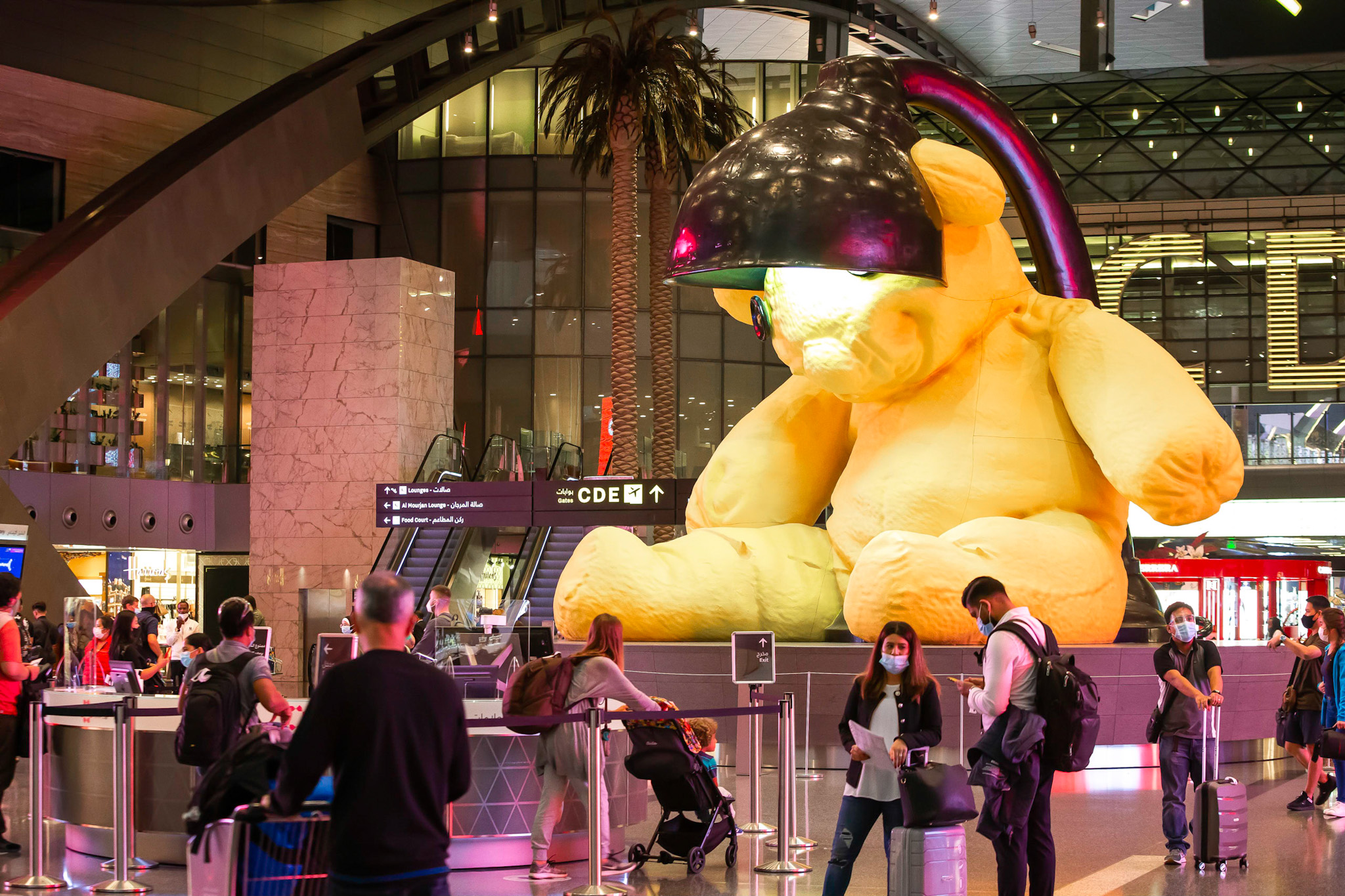
Sustainability Challenges
Despite the recent resurgence in air travel, there has been a noticeable shift away from prioritizing sustainability and net-zero emissions as primary business objectives. However, the development of renewable technologies continues, even as zero-carbon commercial flights remain years away. The focus on energy efficiency is driving decisions regarding aircraft viability, with engine manufacturers making significant strides in fuel efficiency that directly impact operational costs.
Historical Context of Aircraft Investments
The aviation industry has seen its share of innovative aircraft programs that highlight the inherent risks involved in aircraft development. Notable examples include Concorde in the 1970s and the Airbus A380 in the 2000s, both of which faced lower-than-expected sales due to their energy inefficiencies compared to competitors.

Concorde also dealt with challenges related to noise and environmental concerns. These historical investments illustrate the fundamental challenges of the industry: developing new aircraft requires billions of dollars and several years, all while market conditions remain unpredictable. Events like the 2008 financial crisis and the pandemic from 2020 to 2022 demonstrate that such disruptions can have profound impacts on travel demand, underscoring the volatile nature of the aviation market.
In summary, Qatar Airways is poised for significant growth in the international travel sector, driven by strategic expansion plans, a commitment to service quality, and a focus on technological advancements, all while navigating the challenges of sustainability and market volatility.

















.jpg)







.jpg)


.jpg)

.jpg)



.jpg)

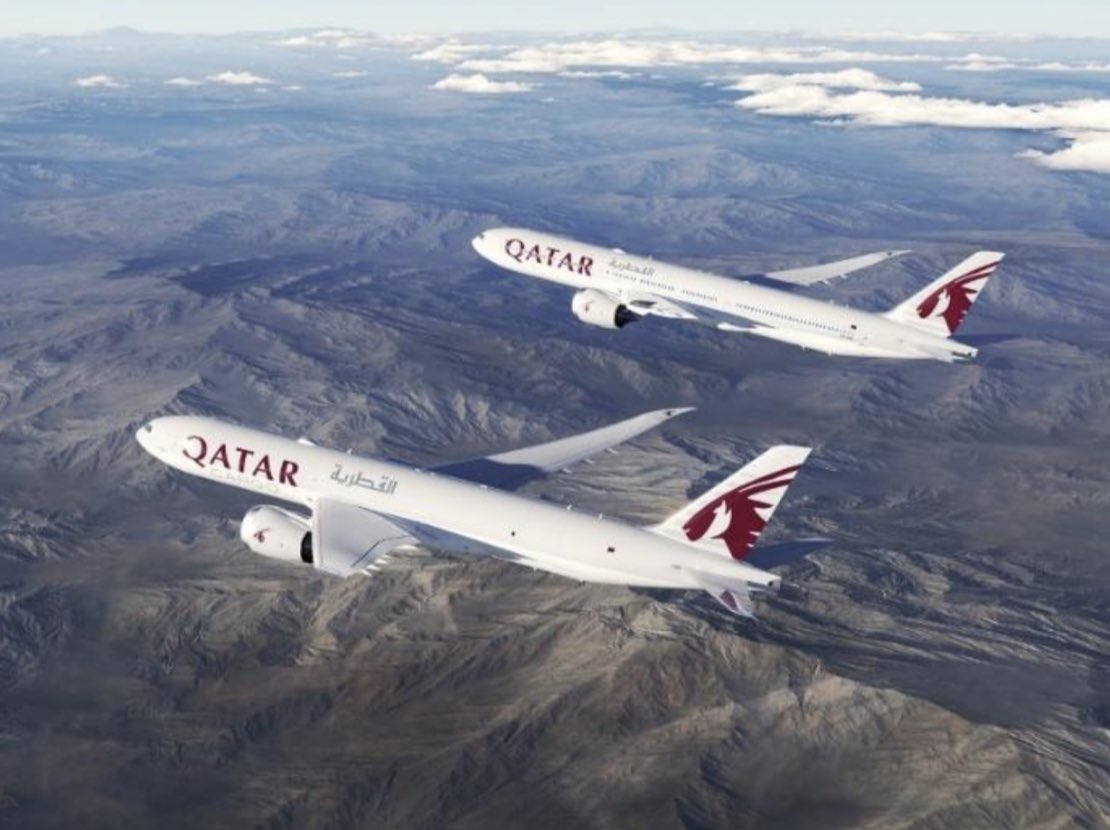
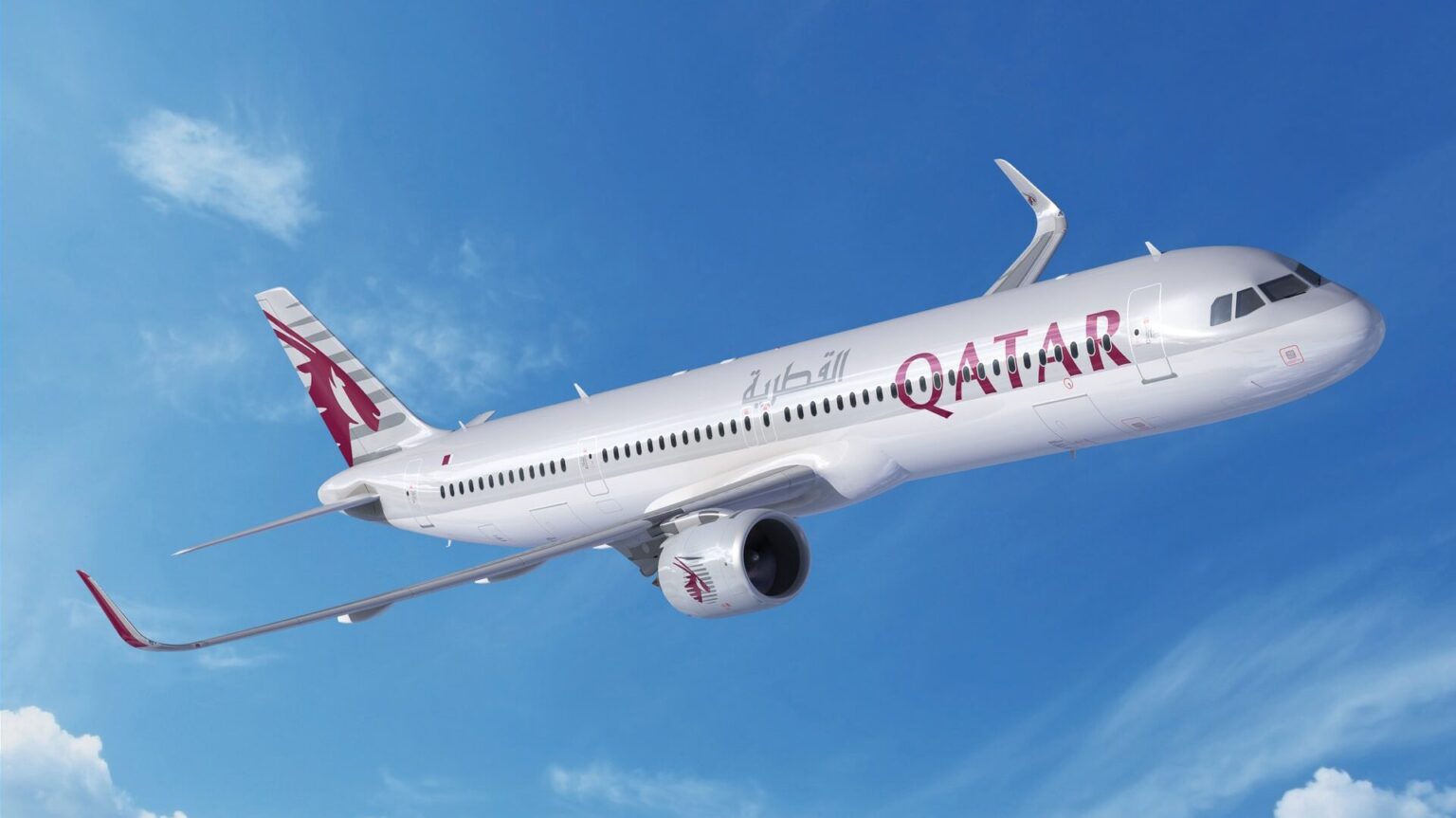
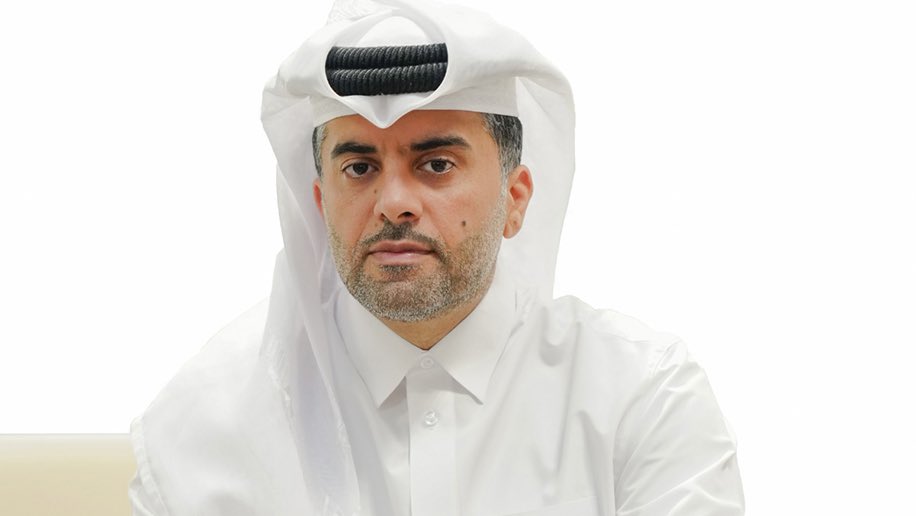




.jpg)

.jpg)















